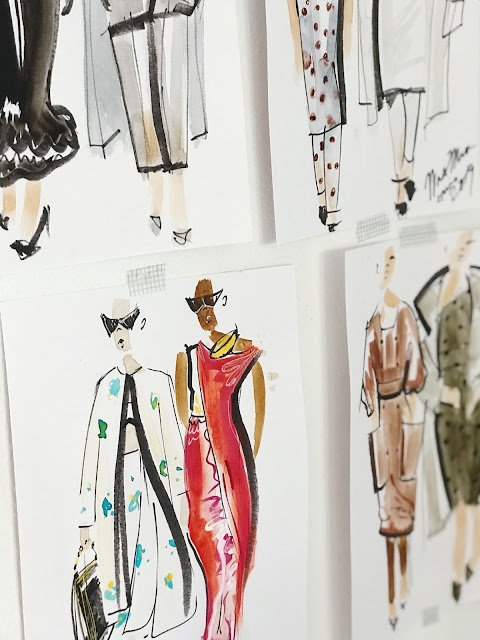The fashion industry is made up of a variety of smaller, more niche industries. Many people only think of online stores, design houses and brands, and fashion magazines when they think of fashion. Other craftspeople and industries, on the other hand, work in the clothing industry.
There are those who make and sell fabric and notions, of course, but there are also flower makers, embroiders, seamstresses, and a variety of other craftspeople. Models, stylists, hair stylists, make-up artists, model agents, photographers, and a slew of other non-fashion businesses make up a larger fashion eco-system when it comes to fashion shows and marketing.
Change happens quickly and frequently in many industries, particularly those that cater to consumers. The consumer and the industry are always changing. Fashion retailing has evolved from large fashion houses, fashion magazines, and retail stores to include TV channels selling a variety of goods, including fashion, and then the Internet and online retailing.
The rise of the Internet has had an impact on the fashion industry in general, not just the selling end. It is used in supply chains, advertising, communications, brand awareness, and other areas, and it has blurred the line between business and consumer. Social media platforms have become crucial not only for selling fashion but also for forecasting and predicting future trends. Bloggers and other influencers can help sell products, but they can also be used by “Fashion Forecasters” who use Instagram, other social media channels, and street-style blogs to predict what is next.
The following are just a few of the topics to be aware of. Finding articles in full-text databases and reports as well as articles on the Internet is a good way to learn about new industry trends.
When looking at the industry, these are just a few of the more obvious concepts to consider. That has been included because it exemplifies the idea that certain aspects of the fashion industry require in-depth investigation as part of a larger picture. (Burhan Abe)



